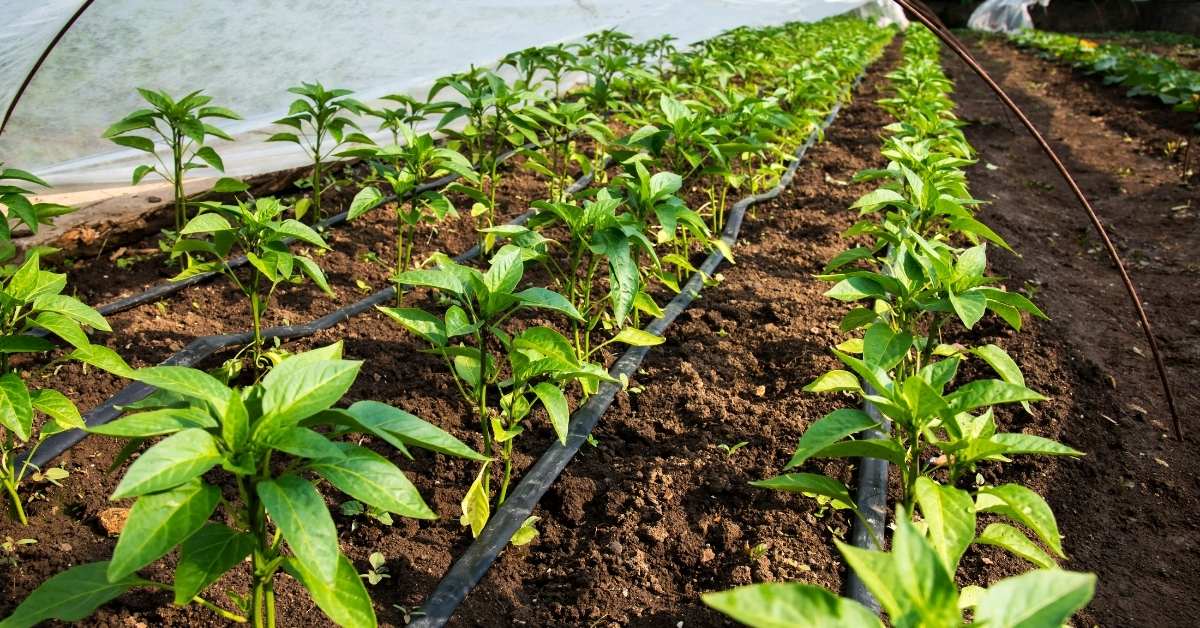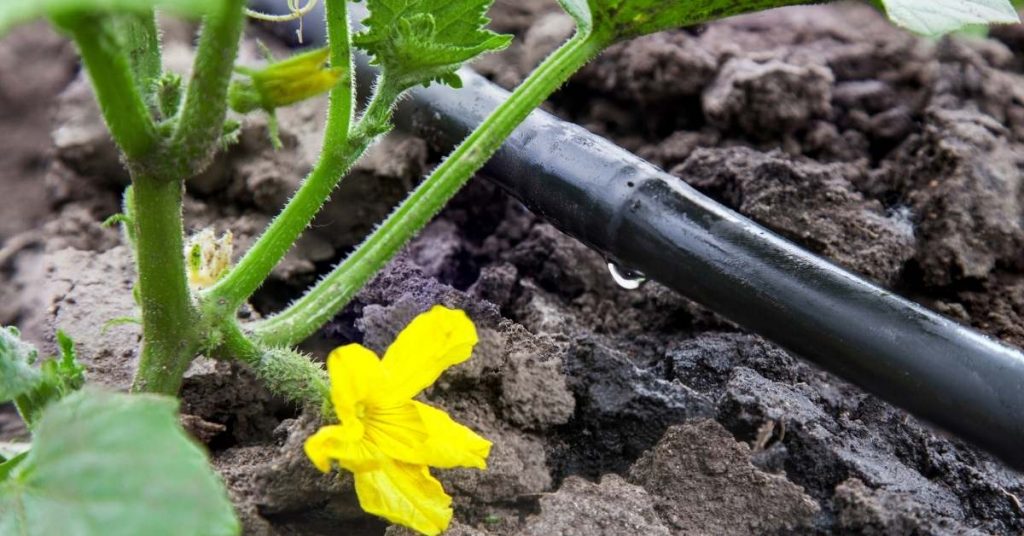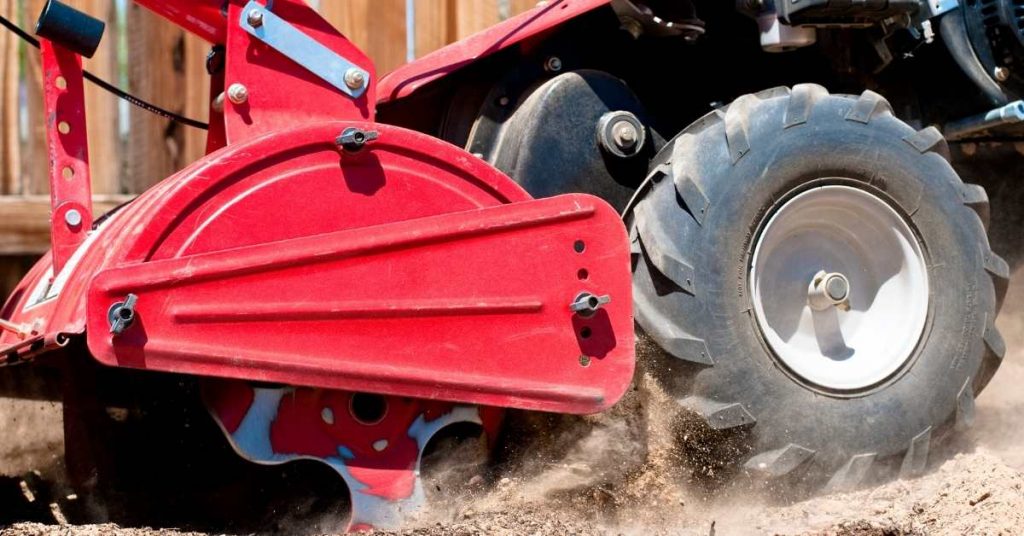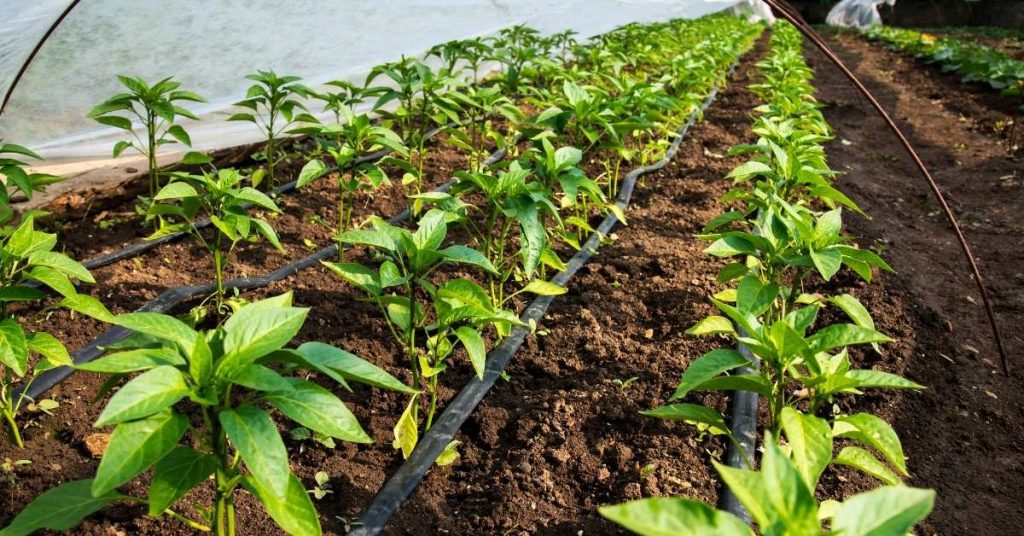
Weeding is the chore that gardeners dislike the most.
Drip irrigation can help reduce both the number of weeds in a garden and the amount of work it takes to pull any weeds that remain. Here are the advantages of drip irrigation in agriculture and small-scale gardening.
Wet area
Drip irrigation drippers wet a small area around the stem or crown of each plant. The size of the wet surface area will vary depending on the soil type. The wet spot will be small in sandy soils and more significant in clay soils. All the rest of the garden surface stays dry and inhibits the growth of weeds and the sprouting of new weeds.
Unlike sprinklers that irrigate both crops and weeds equally well, drip irrigation can help keep the garden dry and can reduce the number of weeds you have to pull.
Compaction
Drip irrigation does not compact the soil. The slow drop-by-drop flow of water is much gentler than many sprinklers’ “hard rain” effect.
Another source of compaction is puddles. Sprinklers often create puddles in clay soils, and when the soupy puddles dry, the earth dries with a hard crust which contributes to compaction. With drip irrigation, puddle compaction is avoided.
Compaction of any kind makes it more difficult to pull weeds. With most sprinklers, you have little choice. Compaction will occur between the puddles and the hard impact of the large drops on the soil surface. But with drip irrigation, you avoid compaction and have the opportunity to go no-till.

No-tillage
If you till a garden once and use drip irrigation, you may never have to till the soil again in a season. The trick to making this work is to never walk on the garden or drive on it or do anything that may compact the soil. If you kneel on the soil, use a wide board under your knee.
Of course, you need paths. Tillage-free means that paths will always be the same paths and may be made permanent.
The other trick is to never use a rototiller, which often breaks the soil into too fine a tilth. Use a plow and disc instead, or turn the soil by hand if possible. The very fine tilth from a rototiller will compact under its own weight since the fine particles are quite like flour.
Plants actually prefer a coarse tilth. The spaces between small clods of the earth hold more air which is vital to the root system.

Rototillers chop weed stems into small pieces, and each piece can root and grow. With no-tillage, you avoid the extra work of pulling all those small rooted pieces. When you pull a weed, it’s gone. Over time, the number of weeds will go down unless the wind carries weed seeds from outside the garden.
Most garden soils will stay loose and full of air for years if not compacted. To prepare the soil in the spring, use a garden fork. Plunge it in and rock the handle back and forth to loosen the earth. There is no need to turn the soil over. Rake the surface flat and break up any large clods, and you are ready to plant. Add compost each year to build the soil.

Tillage-free also conserves water. Since you are not cultivating the soil by turning it repeatedly in the spring, there is less evaporation. And through the summer, fluffy non-compacted soil will hold more moisture than densely compacted soil. Use a mulch on the surface for even better results.
Worms
Worms will thrive in a garden if they are not chopped in pieces by a rototiller and where there is no compacted soil to make their work harder. (No, they do not survive being cut in half) They will do much of the hard work of keeping the soil “plowed up” for you.
Result
The result of using no-tillage methods and drip irrigation is that the soil stays loose and full of air which makes it easier to pull any weeds that remain. Evaporation from the soil surface is reduced, and the soil has more capacity to retain moisture.
No comment yet, add your voice below!